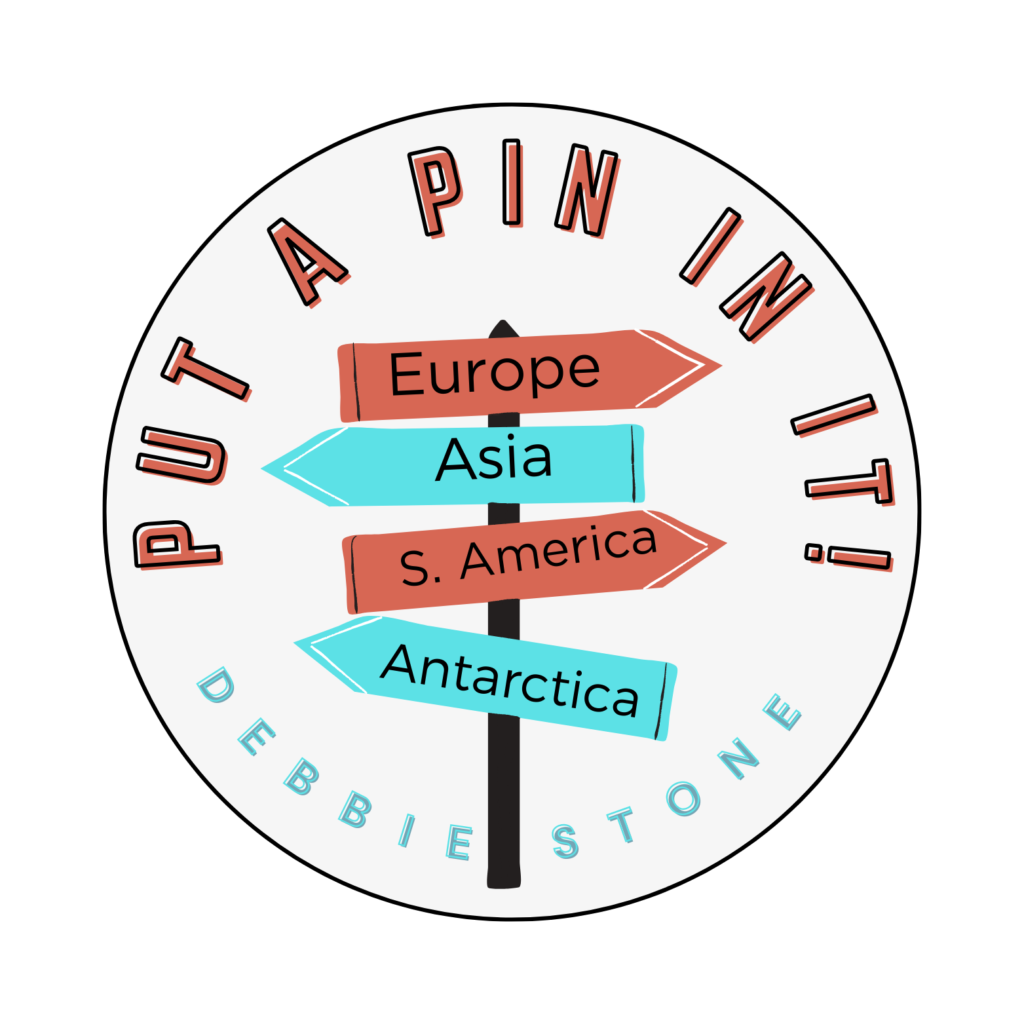Hypochondria has its unsung benefits: There are people who pretend to be sick just to have an excuse to drink hot toddies. I suspect there are also individuals who visit ski resorts for the same reason, although this seems to be an expensive and unnecessary course; better to just take to your bed and feign a hacking cough. While there’s no evidence that Baron Munchhausen was a fan of the drink, these concoctions have been around for a very long time.
Like many other drinks in the annals of alcohol, the origin of the hot toddy is unclear and everyone claims to have invented it. There was a toddy in India as early as the 17th century, when the term used to describe the fermented sap of the local coconut tree. From there, it’s plausible to assume that the drink migrated to the British Isles. In Allan Ramsey’s 1721 poem The Morning Interview, he refers to water coming from the Todian Spring, or Tod’s Well, which apparently was the water source for the city of Edinburgh; since water is a key ingredient in both whiskey and hot toddies, this may have been a play on words. By the 18th century the practice of diluting Scotch whiskey with hot water was a common one, since it helped mask the strong aroma and flavor of peat in the early malts.
Regardless of which story you accept, the components of a classic hot toddy are spirits, hot water, lemon juice, and sugar or honey. There’s no actual proof that it helps people suffering from colds or flu. In fact, the American Lung Association warns against consuming alcohol when sick, because it causes dehydration (what do they know?). Still, you can make a case for the presence of Vitamin C, as well as the soothing effects of honey and hot water. My advice is not to worry about dehydration unless you’re traveling through the desert on a camel, but of course I’m not a physician.
Since the toddy only has four major components, the quality of the ingredients is crucial. Use only freshly squeezed lemon juice, if you want to maintain the pretense of adding Vitamin C. Supermarket honey will do in a pinch; however, if you’re not on your deathbed and have time to shop around, look for artisan honey with a low water content. The choice of spirits is controversial: Scotch is traditional, rum is popular, and Bourbon is the choice of many—although its dramatic flavors will likely change the drink’s balance. In the end, use what you like.
Some recipes follow, but the preparation is hardly rocket science. Cut a lemon into eighths; squeeze a section into the bottom of your mug, or muddle it if you like. Add two ounces of honey, two ounces of your preferred spirit, and four ounces of hot water. Use your remaining energy to stir.
Hot Buttered Rum
There are literally hundreds of recipes for this classic, with very slight variations from one to another. Here’s an amalgam:
1 oz. sweet butter
1 tbsp. brown sugar
Several dashes vanilla extract
2 oz. dark rum
Hot water
Spices to taste: cinnamon, nutmeg, allspice, etc.
Put the butter, sugar and spices at the bottom of a mug; mix well or muddle. Add the rum, and pour in the hot water.
Scotch Toddy
This recipe appeared in my book, Iconic Spirits: An Intoxicating History:
1.5 oz. Scotch
1 tsp. sugar
1 tsp. fresh lemon juice
1 cinnamon stick
2 cloves (optional)
Pour the whisky into a cup and add boiling water, add the sugar and lemon juice, steep for several minutes, and drink as hot as possible.
ABOUT THE BOOK: Iconic Spirits: An Intoxicating History, by Mark Spivak, will be published in November by Lyons press (Globe Pequot). Writing in an engaging and appealing style, Spivak chronicles the untold tales of 12 spirits that changed the world and forged the cocktail culture. While some are categories and others are specific brans, they are “the best kinds of stories—the type a writer could never make up.”
Want to chime in? Follow this link and leave a comment:
http://www.iconicspirits.net/
Mark Spivak is an award-winning writer specializing in wine, spirits, food, restaurants and culinary travel. He was the wine writer for the Palm Beach Post from 1994-1999, and since 2001 has been the Wine and Spirits Editor for the Palm Beach Media Group, as well as the restaurant critic for Palm Beach Illustrated. His work has appeared in National Geographic Traveler, Robb Report, Ritz-Carlton, Continental, Art & Antiques, Newsmax, Dream of Italy and Arizona Highways. From 1999-2011 he hosted Uncorked! Radio, a highly successful wine talk show on the Palm Beach affiliate of National Public Radio.
Mark began writing Iconic Spirits after becoming fascinated with the untold stories behind the world’s greatest liquors. As a writer, he’s always searching for the unknown details that make his subject compelling and unique.
You can learn more about Mark at http://www.iconicspirits.net/index.htm
Available on Amazon
http://www.amazon.com/Iconic-
If you would like to submit a guest post on food, wine or travel to Where and What in the World, I would be happy to feature your travel experience , drink, special wine tasting, or family or simply delicious recipe. If you go to submission tab, you will see how to submit, as well as have the opportunity of telling me if you would like to would like to be a regular contributor. When uploading a file for submission, you are also able to upload jpgs. Please feel free to put a last paragraph about you and a link to your profile. No html please. You can also include a head shot.














